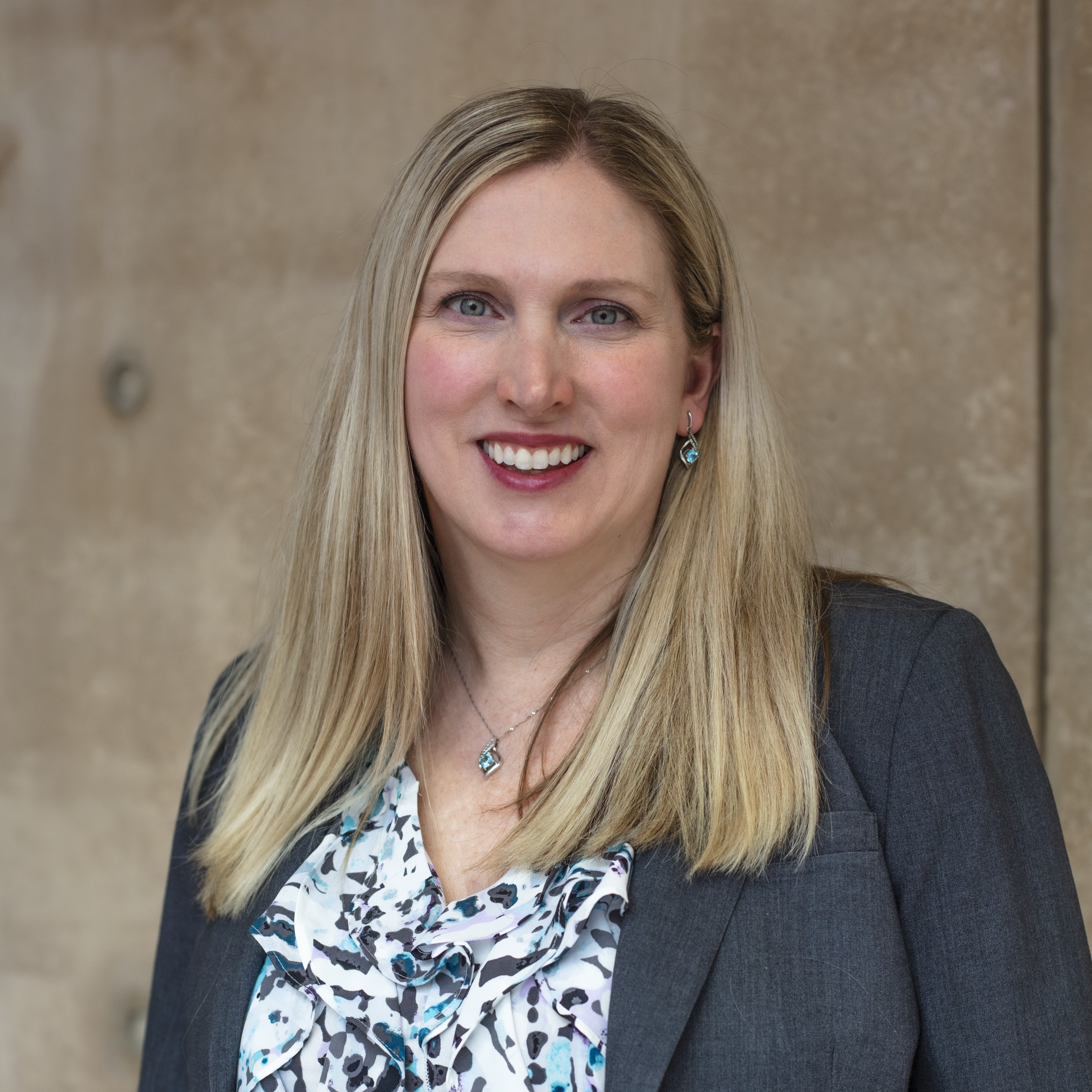

Launching a startup – particularly one that’s based on university research – is hard work. So what can you do to make sure that all your sweat equity builds toward a company that investors get excited about funding? Experts from Innovate Carolina weigh in on how to increase your odds of raising ever-so-critical capital.

At the University of North Carolina at Chapel Hill, university inventors and startup founders are the backbone of innovation and entrepreneurship across campus. But even the most enterprising researchers are often unsure of how and when to work with investors – a vital step for growing their ventures. Two leaders of Innovate Carolina, UNC-Chapel Hill’s central team for innovation and entrepreneurship, offer their advice based on years of building relationships with venture capitalists and other investment firms. Kelly Parsons, director of technology commercialization (OTC), and Mireya McKee, director of Kickstart Venture Services, share tips on how to engage with those who can provide critical funding – and other useful direction – to your startup company.
Mireya McKee: Over the years, our KickStart and the tech commercialization team have built strong relationships with local, national and international investors. We maintain those relationships by going to national events like BIO and JP Morgan, or to regional events like those organized by the North Carolina Biotechnology Center and the Council for Entrepreneurial Development. We keep the communication going by staying in close contact and maintaining good working relationships with those networks.
Kelly Parsons: We’re now seeing signs of how much progress we’ve made at UNC and in the RTP region. A decade ago, we were out hunting for investors. And now, it’s not uncommon for investors to call us and say, ‘I’d really like to connect with you so that we can be in your startup ecosystem. We want to participate in opportunities coming out of the Chapel Hill area.’ That really speaks to how much commercialization and entrepreneurship has grown here. Investors are starting to see us as a place they need to get plugged into. Otherwise, they’re worried they’ll miss out on great investment opportunities.
Mireya McKee: Yes, in the last few years, we’ve seen more investors who want to get in touch with us. In spring 2022, we worked with Duke and NC Biotech to host Triangle Venture Day. This event brings together IP-based startup companies from our institutions and the Triangle region, and gives them chances to pitch their innovations to venture capitalists. The companies get valuable feedback and investments needed for future growth. For the spring 2022 event, we not only had a large number of investors from the region attend, but also national investors from the east and west coasts. Our area is becoming well known for the innovations that we have. That wasn’t the case a few years ago.
Kelly Parsons: I’m seeing that more investment groups want to get involved early. If investment groups are willing to engage with us and our inventors, they can tell us what they’re looking for in technologies. They let us know where the market is going and what our inventors can do to solidify and validate technologies. That knowledge can help us as we position technologies. So, once we’re ready to put together a startup company, it’s going to be a more investor-ready package from day one.


Kelly Parsons: We work with so many amazing scientists, and they’re fantastic at explaining the science. But it’s often a very different exercise to explain why that science is a great market opportunity. And to communicate why it’s a great investment opportunity. Preparing startups to think about how they answer questions from that angle goes a long way. The prep work makes those initial investor conversations more productive.
Mireya McKee: It’s important for startups to understand why they’re raising money. We do a lot of work with startups to help get them ready for a pitch day. We review their pitches and focus on the ‘why.’ How much money are they asking for? Who’s on their team? How are they going to convince an investor that their money will be well spent? We want startups to think through answers to those questions. We also want them to have a good development plan that includes value-creating milestones, such as potential clinical outcomes.
It’s also okay if they don’t know all the answers. They can also state what they don’t know. It’s important for them to say, ‘I don’t necessarily have all my team,’ or ‘I don’t know the regulatory pathway for my technology.’ But if startups can say that they’re looking into those questions or researching ways to fill those gaps, it shows they’ve thought through the process. This builds confidence when they meet with investors. This also helps startups identify partners that not only bring investment but can also help them fill those needs.
Kelly Parsons: There are different ways to think about this. It depends upon the startup, their technology, and the development strategy. There are technologies that lend themselves to collaboration, and those startups can partner with companies to build productive partnerships to expedite development and time to market. And even though that’s not necessarily a traditional investment model, we do see some startups gain a lot of resources and cash around some of those collaborations.
Industry partners may ultimately be the companies that want to use your product. Or they may be the companies that will want to acquire your company. It’s really important to build something that they’re actually interested in buying. So getting early feedback from them and having engaging with them allows you to build relationships that are going to be valuable. It can help you decide which direction to take the company so that you have a product that someone will eventually want to invest in or acquire.
Mireya McKee: I agree. Those connections with industry partners can be wonderful for getting early feedback to find out if a product is what industry really needs. Also, you can make connections that add credibility to your company. If you end up working with an industry partner to create a prototype or to test the technology, that can help validate your work because you’re attaching their name to your project or technology. Working with a partner on a prototype lends a lot of credibility and immediately elevates your company in the eyes of investors.


Mireya McKee: I think it’s a combination of both. We do organize in-person events to build relationships with investors. We bring them in, get to know them and just talk to them to build that relationship. And then having catch-up meetings on Zoom is also very useful to maintain the relationship and provide regular updates on our portfolio of companies.
Kelly Parsons: There’s clearly no substitute for face-to-face meetings. On the other hand, I think that our post-pandemic acceptance of virtual meetings has opened the door for partnerships and relationships with groups that we might not have engaged otherwise. I’ve had a conversation with an investor who said, ‘We’ve never really partnered with anyone in the area. But now that we’ve had initial conversations, we can vet out opportunities virtually. And then if something is progressing, we can sit down face-to-face.’ So whether it’s investors, management or advisors, I think our world got smaller in a lot of good ways. We can now tap into resources that aren’t local to help some of our companies. If we carefully balance virtual versus in-person events, that can be advantageous in the long run.
Mireya McKee: Innovate Carolina and our KickStart team offers a number of programs and resources for research-based startups. These include helping founders with customer discovery, patent landscaping, market research, competitive analysis and identifying funding opportunities. We want to help startups understand what the market for their particular innovation might look like. Carolina startups can also apply for our KickStart commercialization grant awards, which provides early funding for technology and business development. Another path to funding is through our grant writing services, which helps companies write proposals for federal SBIR/STTR grants. The companies that work with our KickStart grant writing service are five times more successful in securing these significant federal grants than those that don’t. In addition to funding and grant writing support, companies that we support also receive guidance from our entrepreneurs-in-residence (EIR’s), who are serial entrepreneurs with experience launching multiple companies. Beyond our own EIR’s, we connect Carolina startups to a network of advisors who provide incredibly valuable feedback. These advisors prep our founders by asking them typical questions that investors are likely to ask. That experience really helps founders prepare before they make their own pitches.